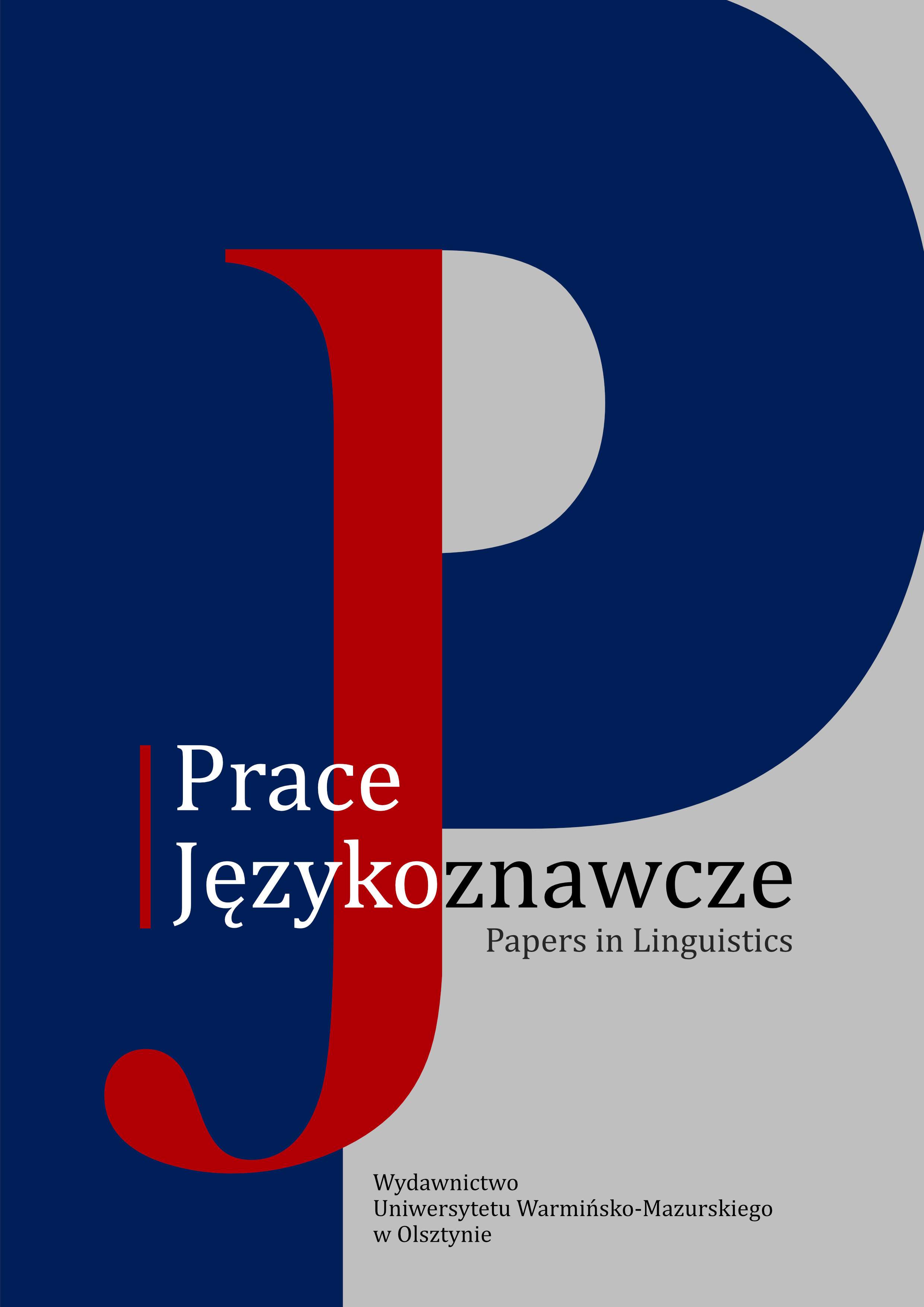Markante Phänomene im verbalen Bereich im Deutschen der Altgläubigen in Masuren
Distinctive features of verbs in the German language of the Old Believers living in Masuria
Author(s): Anna JorrochSubject(s): Language studies, Language and Literature Studies
Published by: Wydawnictwo Uniwersytetu Warmińsko-Mazurskiego w Olsztynie
Keywords: Old Believers; Masuria; German; trilingual; verb
Summary/Abstract: When the Old Believers fleeing persecution after the liturgical reform of Patriarch Nikonin the Russian Orthodox Church in the 17th century arrived in Masuria in 1830, theregion belonged to East Prussia. Until 1945, they were exposed to German culture, intowhich they gradually assimilated and learned the German language. After World WarII, the area was divided, with its northern part annexed by the USSR and the southernpart, i.e. Masuria, incorporated into Poland. The generations of Old Believers who wereborn in Masuria until the mid-1950s are trilingual, speaking a Russian dialect as wellas Polish and German. As part of field research conducted by the author from 2007 to2015, interviews with 23 Masurian Old Believers speaking German were registered andanalysed considering the trilingualism of the speakers (Jorroch 2015). The article presentsinteresting phenomena in the speech of the respondents, such as double perfect tenseconstructions, a characteristic construction of the conditional mode with the modal verbmögen, or an archaism in the construction of the perfective aspect of the verb.
Journal: Prace Językoznawcze
- Issue Year: 26/2024
- Issue No: 1
- Page Range: 73-88
- Page Count: 16
- Language: German

